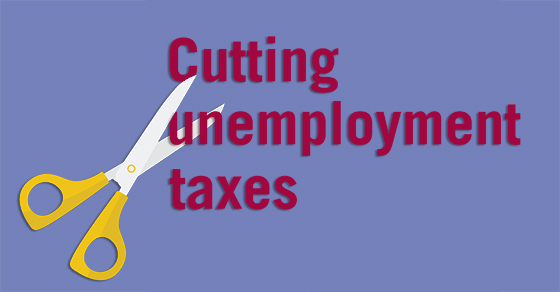When businesses provide meals to their employees, generally their deduction is limited to 50%. But there are exceptions. One is if the meal qualifies as a de minimis fringe benefit under the Internal Revenue Code.
A recent U.S. Tax Court ruling could ultimately mean that more employer-provided meals will be 100% deductible under this exception. The court found that the Boston Bruins hockey team’s pregame meals to players and personnel at out-of-town hotels qualified as a de minimis fringe benefit.
Qualifying requirements
For meals to qualify as a de minimis fringe benefit, generally they must be occasional and have so little value that accounting for them would be unreasonable or administratively impracticable. But meals provided at an employer-operated eating facility for employees can also qualify.
For meals at an employer-operated facility, one requirement is that they be provided in a nondiscriminatory manner: Access to the eating facility must be available “on substantially the same terms to each member of a group of employees, which is defined under a reasonable classification set up by the employer that doesn’t discriminate in favor of highly compensated employees.”
Assuming that definition is met, employee meals generally constitute a de minimis fringe benefit if the following conditions also are met:
- The eating facility is owned or leased by the employer.
- The facility is operated by the employer.
- The facility is located on or near the business premises of the employer.
- The meals furnished at the facility are provided during, or immediately before or after, the employee’s workday.
The meals generally also must be furnished for the convenience of the employer rather than primarily as a form of additional compensation.
On the road
What’s significant about the Bruins case is that the meals were provided at hotels while the team was on the road. The Tax Court determined that the Bruins met all of the de minimis tests related to an employer-operated facility for their away-game team meals. The court’s reasoning included the following:
- Pregame meals were made available to all Bruins traveling hockey employees (highly compensated, non-highly compensated, players and nonplayers) on substantially the same terms.
- The Bruins agreements with the hotels were substantively leases.
- By engaging in its process with away-city hotels, the Bruins were “contract[ing] with another to operate an eating facility for its employees.”
- Away-city hotels were part of the Bruins’ business premises, because staying at out-of-town hotels was necessary for the teams to prepare for games, maintain a successful hockey operation and navigate the rigors of an NHL-mandated schedule.
- For every breakfast and lunch, traveling hockey employees were required to be present in the meal rooms.
- The meals were furnished for the convenience of the Bruins.
If your business provides meals under similar circumstances, it’s possible you might also be eligible for a 100% deduction. But be aware that the facts of this case are specific and restrictive. Also the IRS could appeal, and an appeals court could rule differently.
Questions about deducting meals you’re providing to employees? Contact us.
Tax Accounting and Business Consulting for Metairie, Louisiana
Industry Specific Accounting
Metairie CPA Services
Metairie CPA News
Tax Accounting and Business Consulting for Mandeville, Louisiana
Industry Specific Accounting
Mandeville CPA Services
Mandeville CPA News
Tax Accounting and Business Consulting for Baton Rouge, Louisiana
Industry Specific Accounting
Baton Rouge CPA Services
Baton Rouge CPA News
Tax Accounting and Business Consulting for Covington, Louisiana
Industry Specific Accounting
Covington CPA Services
Covington CPA News
Mandeville Notary Public Services
Madisonville Notary Public Services
Covington Notary Public Services





